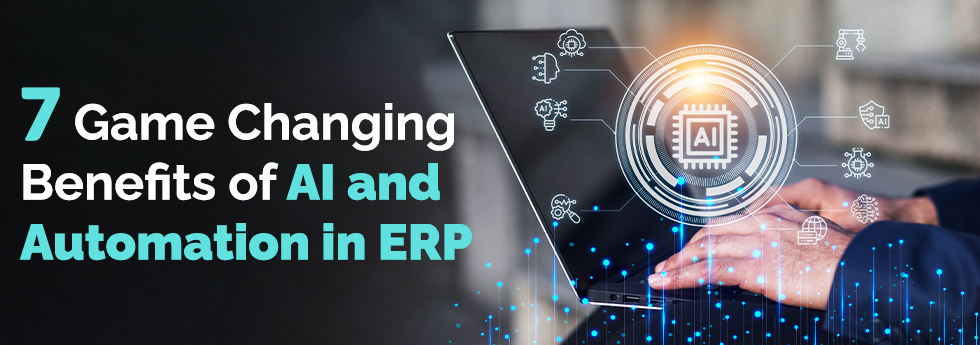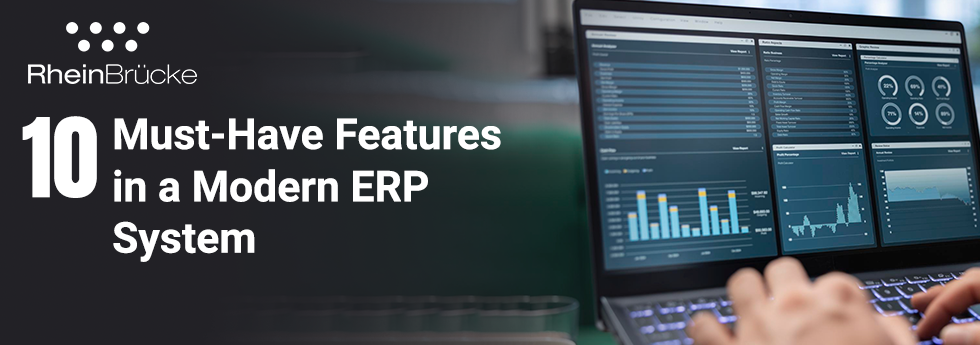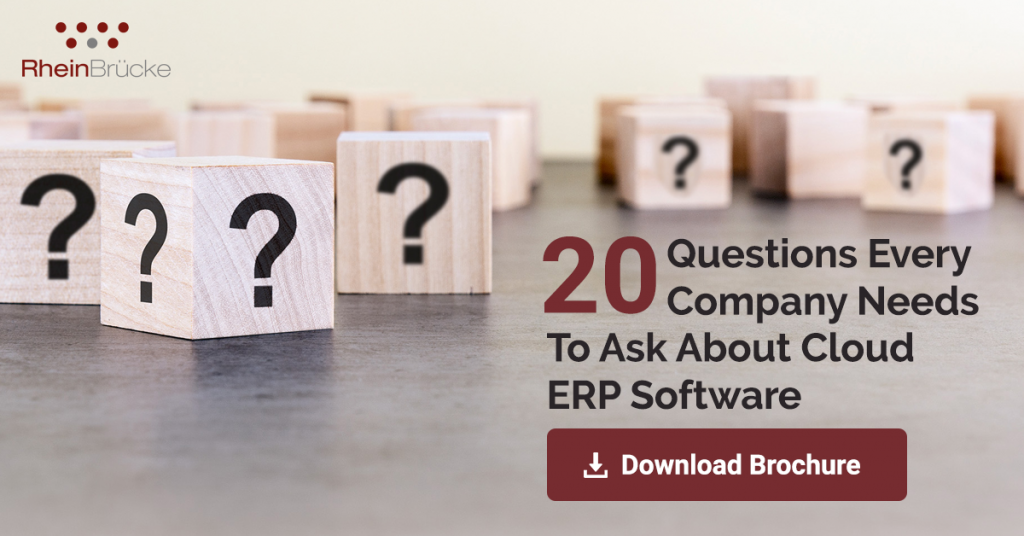Introduction

Before we start off, let us know what Industrie 4.0 is.
Industrie 4.0 is more than just a catchphrase. Industry 4.0 is currently creating ripples in the manufacturing sector.
In simplistic terms, McKinsey defines Industry 4.0 as
“The next phase in the digitization of the manufacturing sector, driven by four disruptions: the astonishing rise in data volumes, computational power, and connectivity, especially new low-power wide-area networks; the emergence of analytics and business-intelligence capabilities; new forms of human-machine interaction such as touch interfaces and augmented-reality systems; and improvements in transferring digital instructions to the physical world, such as advanced robotics and 3-D printing.”
The four trends are not the reason for the “4.0,” however. Rather, this is the fourth major upheaval in modern manufacturing, following the lean revolution of the 1970s, the outsourcing phenomenon of the 1990s, and the automation that took off in the 2000s”
IoT is the base of Industrie 4.0 manufacturing. Industry 4.0 manufacturing increases the connectivity of smaller components. It uses the data collected by physical things, either built products out in the real world, or components within a machine on the production line, to impact how these things themselves are manufactured. The more information that can be gathered by these objects, the more effective the manufacturing process can become.
What still remains the next big thing in Industrie 4.0?
Smart manufacturers are embracing new technologies like the Internet of Things(IoT), BI, etc. to outrank their competition.
Out of all these digital assortments, ERP remains the only consistent tool in a manufacturing business. ERP is a technology that has been around for decades, but is still the next big thing in manufacturing especially when coupled with Industrie 4.0.
ERP boosts factory productivity
Integration of planning, materials management and procurement, manufacturing, financial and business intelligence processes through one single system can boost efficiencies and manufacturers swear by it.
ERP helps manufacturers to work smarter, better and faster. Manufacturers can focus on innovating their products rather than manually operating certain tasks.
Better Maintenance
Industrie 4.0 is an effective way for manufacturers to improve machine uptime, cut costs, efficiently use labour etc.
It may seem like the manager has one more asset to maintain. But the pain is definitely worth it. When manufacturing systems are linked to an ERP system, an optimised maintenance schedule can be created. Besides, the manufacturing systems can digest the input from the ERP and move orders in a systematic manner.
Leverage the Internet of Things
No other sector has reaped the benefits of connected devices like manufacturing. Some forward-thinking manufacturers have started to fit sensors to their products to analyse their performance and other critical values.
By sending this information directly to your ERP solution, you can update Bills of Materials, adjust design specifications and adjust processes to continually improve your products through production. By leaving sensors on products post production, you can feed this information into ERP to track the lifecycle of a product and use this information to deliver a greater service to your customers by alerting them when a product may need maintenance, and to streamline or alter your production strategy for continuous product improvement. The use of sensors in manufacturing post production is nothing new, but ERP offers a way to route the masses of data collected by the sensors and channel them into your design and engineering processes to enable continuous improvement.
Conclusion:
Higher flexibility, improved efficiency and greater productivity are the three hallmarks of manufacturing business processes leveraging Industry 4.0 and your ERP can deliver enhanced benefits by leveraging IoT.




